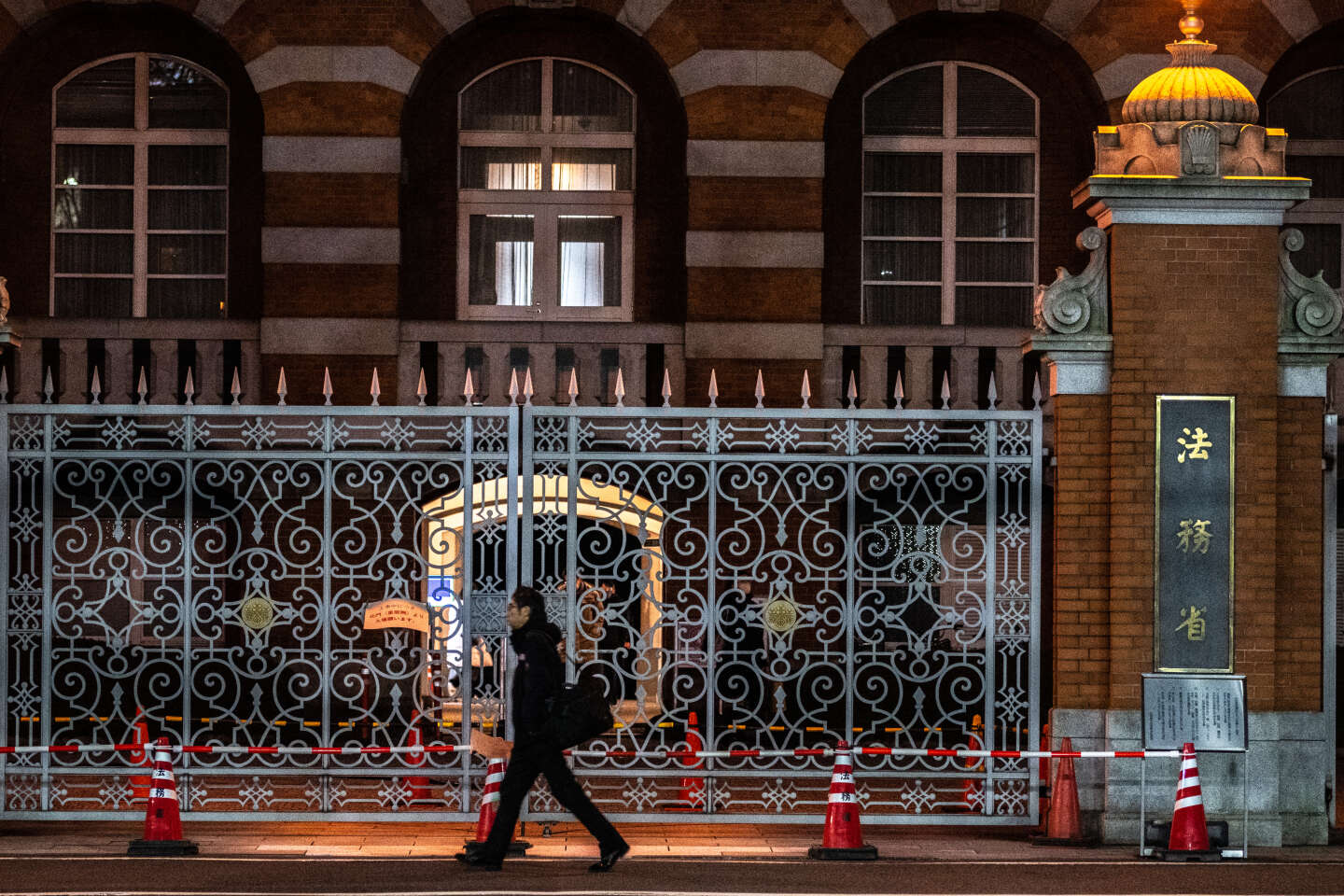


The sentencing on Wednesday, December 27 of the Tokyo Metropolitan Police and Public Prosecutor's Office for fabricating evidence in order to indict the directors of the Ohkawara Kakohki company has rekindled criticism of the excesses of the Japanese justice system, often dubbed "hostage justice." In an editorial, the conservative daily newspaper Yomiuri Shimbun called on the police and prosecutors to "establish the causes" of this case, which has "extremely serious consequences."
Ohkawara Kakohki was suspected of having sold to China a number of spray-drying machines (a dehydration method), which investigators claimed could be used for military purposes. Japan prohibits the sale to China of equipment that could potentially be used for weapons.
On March 10, 2019, prosecutors took three company executives into custody, including CEO Masaaki Okawara. On March 31, they indicted them and kept them in custody. On May 26, the three men were again questioned, this time for selling machines to South Korea, then subject to economic sanctions by Japan over a dispute around memorials. Requests for bail were denied, on the grounds that the suspects might destroy evidence. They were not granted bail until February 2020. One of the three defendants, Shizuo Aijima, died of neglected stomach cancer while in custody. The case brought Ohkawara Kakohki to the brink of bankruptcy.
'What I said was changed'
However, as the trial that began in July revealed, the prosecution's case was based on fabricated evidence and the extortion of confessions over the course of hundreds of interrogations. A police officer who was called to testify even suggested that the investigations were intended to serve the ambitions of some of his superiors.
At the start of the investigation in 2018, prosecutors contacted the Ministry of Economy (METI), which confirmed that there was nothing to prohibit exports of the machines in question, as they could not be used for military purposes. The public prosecutor allegedly overlooked this fact and forced METI to collaborate with the prosecution. An investigator also pressured one of the three defendants to sign a written statement, the contents of which were worded in such a way as to confirm the accusations. Although the police consulted experts, one of them explained to the court, "What I said was changed."
Like others before them, the Ohkawara Kakohki managers fell victim to the excesses of the Japanese justice system, which denies criminal suspects "the rights to due process and a fair trial," as Human Rights Watch (HRW) pointed out in a report published in May 2023. Focused on obtaining confessions, it allows suspects to be held in police custody for up to 23 days, renewable indefinitely on the basis of other charges.
You have 45% of this article left to read. The rest is for subscribers only.
